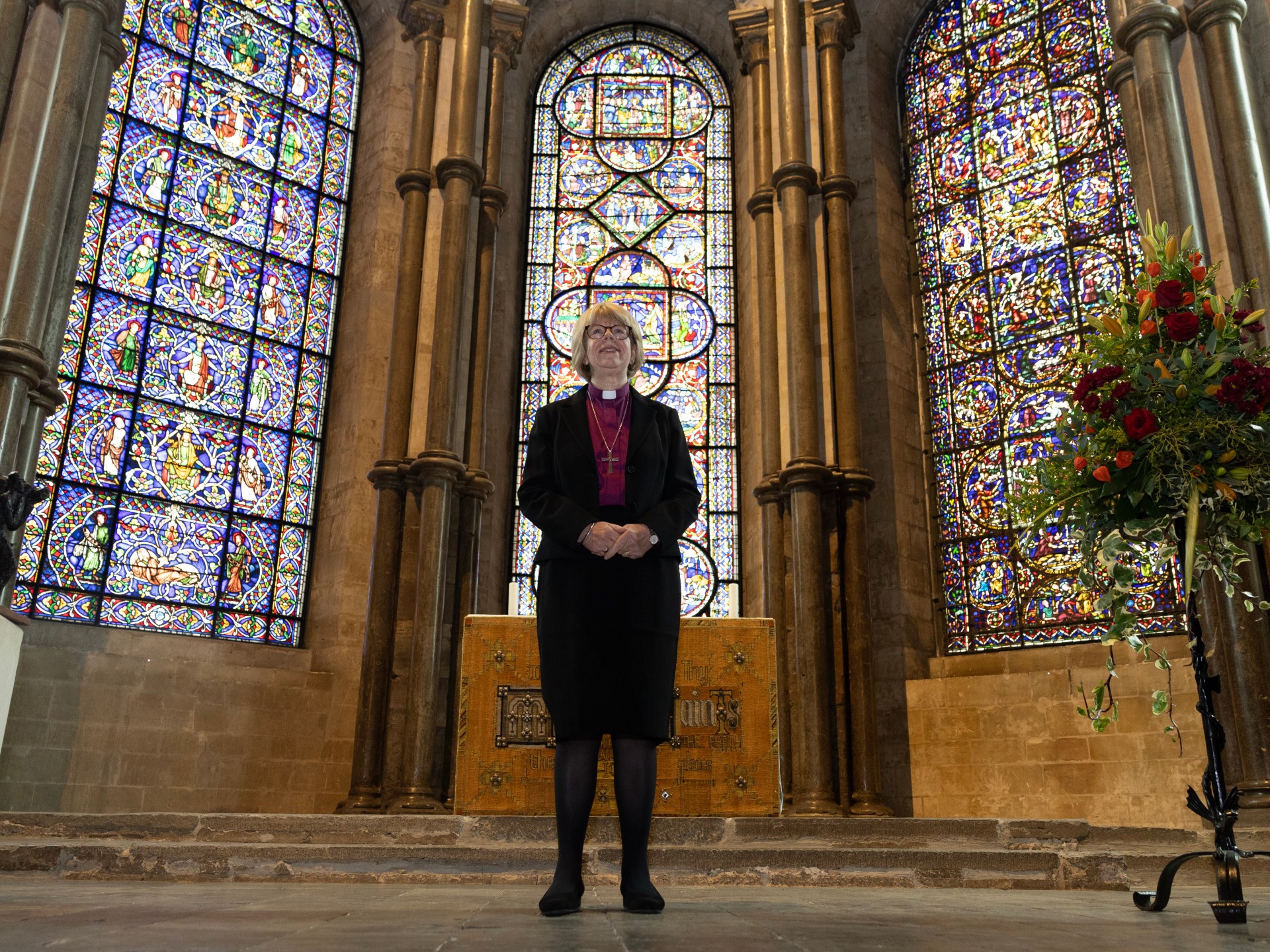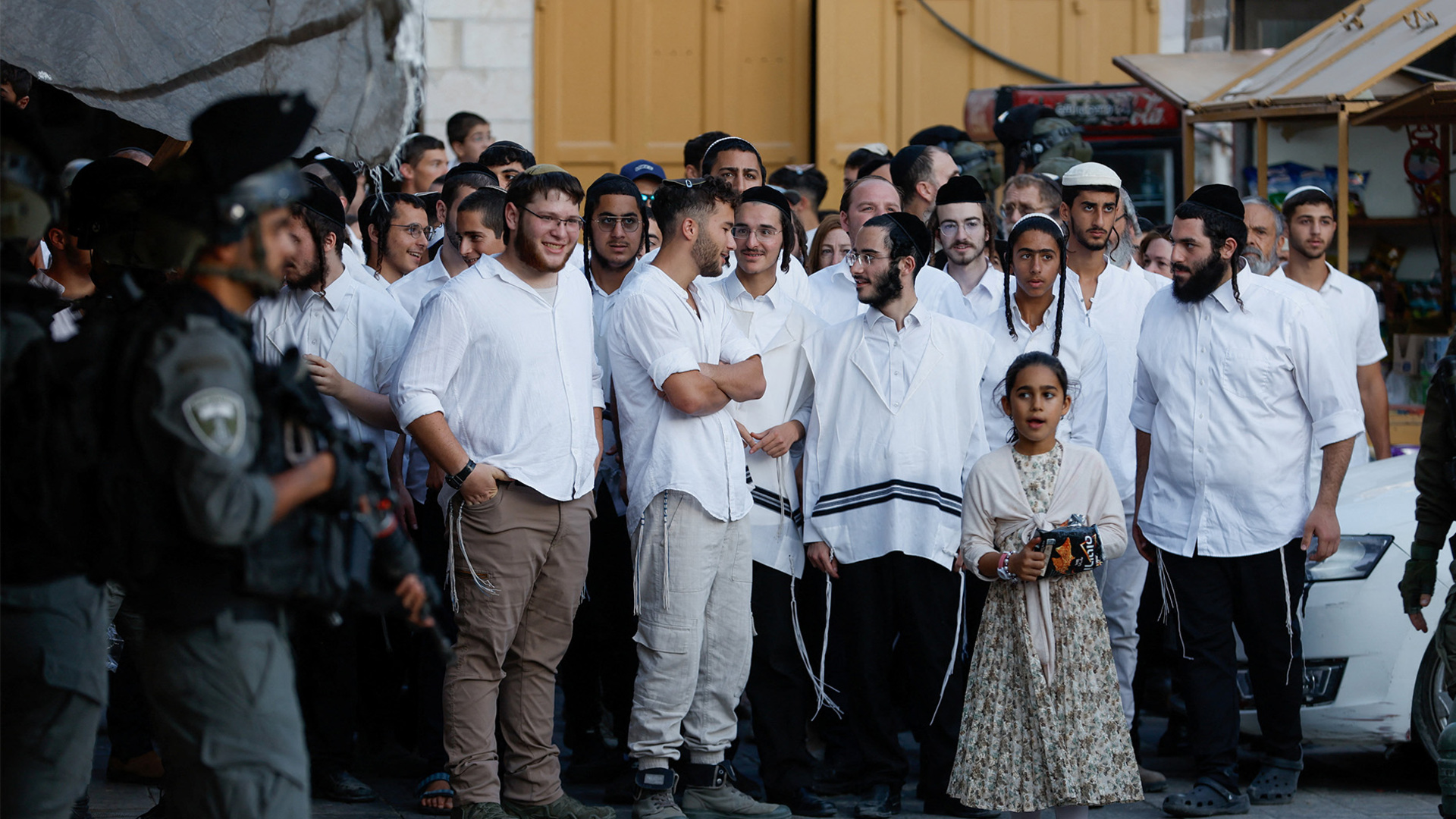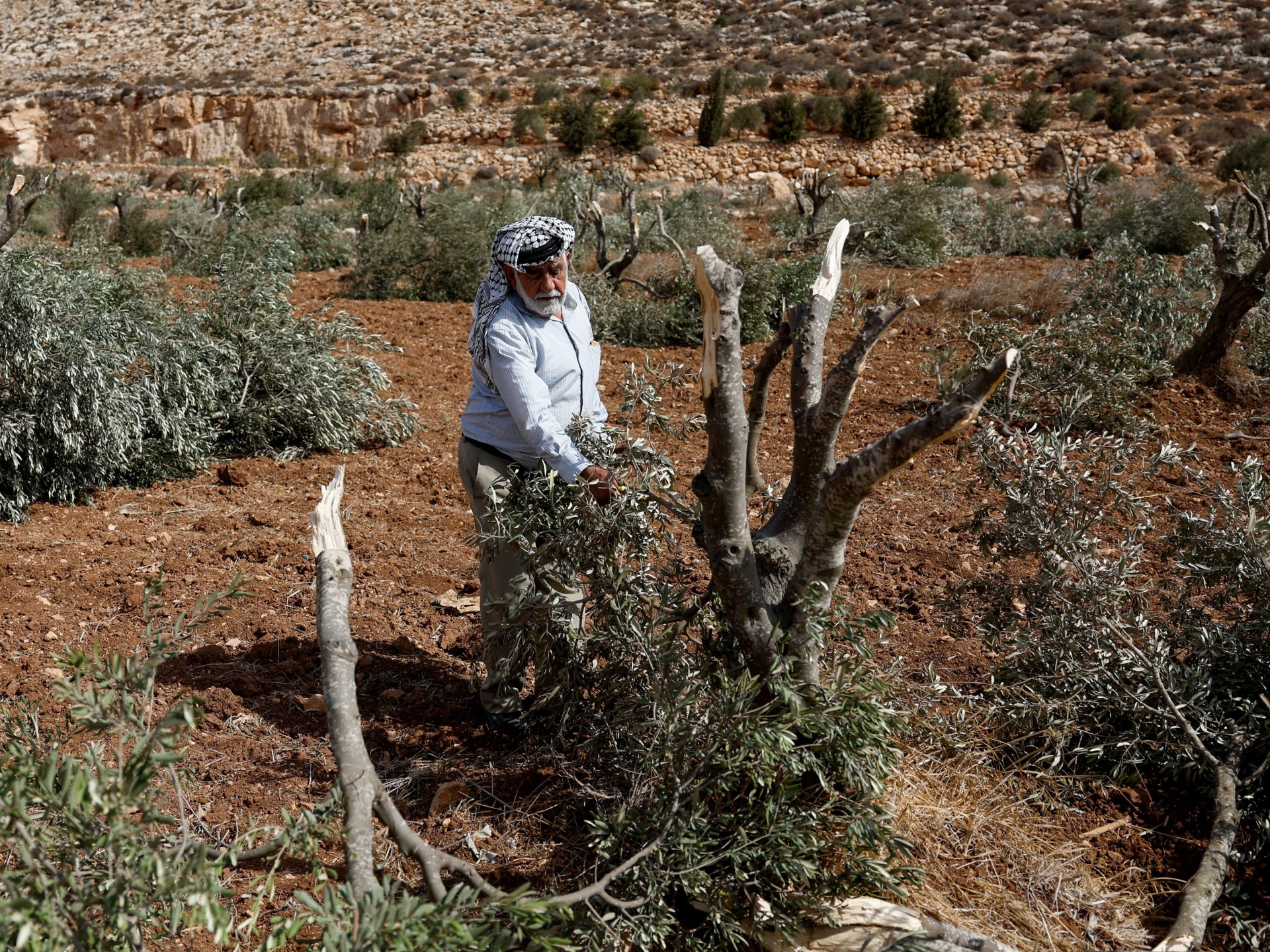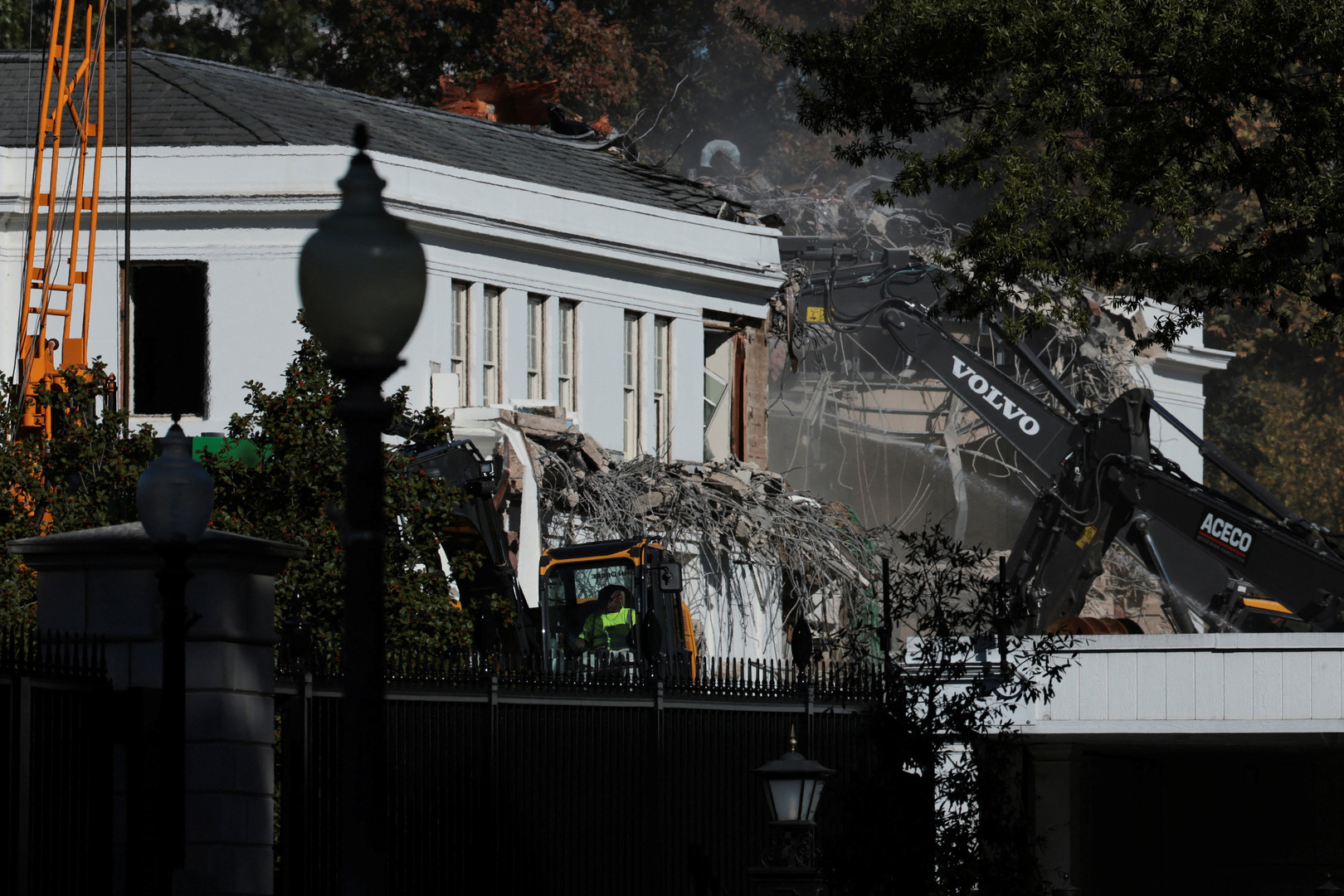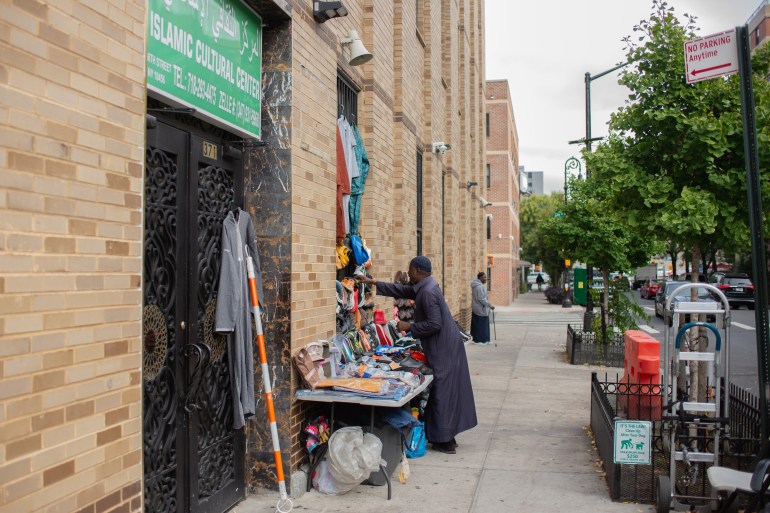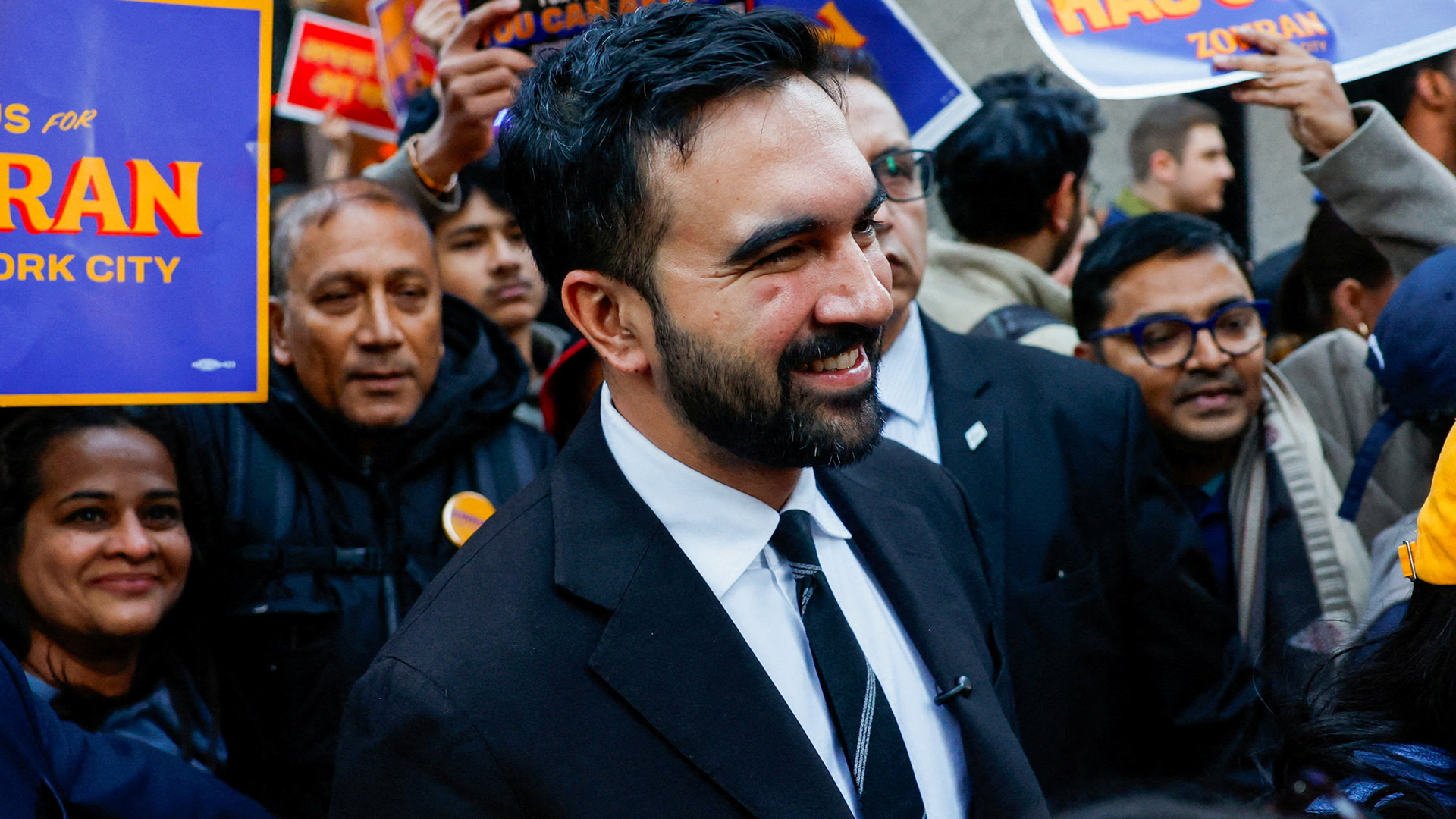Seven Zimbabweans made the announcement on October 4 that they were suing the Church of England for allowing the brutal abuse they endured from John Smyth, a prominent member of the church’s evangelical movement. Their cause was not just justice for the past. It was an indictment of a school that had no idea how violently organized it was when it was promoted as a form of religion.
Smyth wasn’t a singular predator. He was a member of the powerful inner circle of the Church. He oversaw Christian camps where more than 100 boys and young men were abused in the United Kingdom, Zimbabwe, and South Africa. He was a well-known British barrister and an evangelical leader. He embodied the authority and social privilege that kept him safe from scrutiny. The Church chose silence over accountability when his abuse first surfaced in England in the early 1980s, allowing him to carry his cruelty to Africa. His victims in Zimbabwe included 16-year-old Guide Nyachuru, who was found dead in a camp swimming pool in 1992. He was one of the boys who were victims of Christianity. More than 30 years later, the family of Nyachuru is suing the Church, demanding accountability for the abuse and the Church’s deliberate inaction, along with six other survivors.
The Church is now in the Church’s shoes. What started out as one man’s crimes were hidden, but now a much older truth is revealed: the Church of England’s authority in Africa was never only for the spiritual. It was founded on empire-sanctification, complicity, and conquest.
The Makin Review, an independent inquiry into the abuse committed by Smyth, released its long-awaited findings on November 7, 2024. The report was damning. It revealed how prominent Church officials had systematically covered up his crimes for decades, calling him “a problem that was solved and exported to Africa.”
Archbishop Justin Welby accepted both personal and institutional responsibility for what survivors described as a decades-long conspiracy of silence and announced his resignation four days later. His departure marked a symbolic shift in accountability, but those who had to endure Smyth’s cruelty found little comfort in his demise. The Church should use this transition as an opportunity for real accountability, as opposed to another regrettable gesture, as Sarah Mullally is now the archbishop-designate.
In the Smyth case, the Church’s failures were more than just moral failings. They exemplified its imperial practices in modern times, with the emphasis on preserving privilege at home and exporting problems to colonies. The logic of dominance, which once permitted silence during a conquest, was.
My family was raised in the Anglican Church’s long shadow.
My father attended one of Zimbabwe’s oldest and most admired Anglican schools, St. Augustine’s High School in Penhalonga, in the 1950s. In the 1970s, his elder brother went there to pursue a distinguished Anglican priesthood, teacher, and head teacher at St. Mathias Tsonzo.
I received my christening at St. Paul’s in Marlborough and baptized at Kambuzuma’s Anglican Church. I feel deeply ashamed of my relationship to the Church because of this.
I never fully confronted its past or present brutalities, as many others have. Robert Mugabe, the country’s first and foremost Catholic, advocated a policy of reconciliation that called for justice without progress and forgiveness when it gained independence from Britain in April 1980. We were told to move on and never look back after decades of colonial rule and to re-visit before the Berlin Conference of 1884.
There hasn’t been much effort to hold the Church accountable for its expansive role in the colonization of Zimbabwe for 45 years.
The Anglican Church established itself as the spiritual arm of conquest in 1890 when Bishop George Knight-Bruce gave blessing to the Pioneer Column, a paramilitary expedition funded by the British South Africa Company (BSAC) to seize Mashonaland and Matabeleland for the empire.
Empire and evangelism were seen as essential components of the divine order by Knight-Bruce and his successors. While preaching salvation through submission to the colonial state, they seized large tracts of land from the BSAC.
St. Augustine’s, St. Faith’s, and St. David’s (Bonda) in Manicaland were the Anglican Church’s mission stations by the turn of the 20th century. These were evangelical outposts, centers for colonial consolidation, settlement, and colonial consolidation that later morphed into significant educational and medical institutions, not their original locations.
They also taught the virtues of industry and obedience as Christian virtues in the service of the empire, and they also trained and disciplined African laborers. The classroom served as a tool of subtle erasure and indoctrination, while the pulpit served as an assimilation tool. Subjugation was disguised as enlightenment in both the sermon and the Bible.
The Church of England benefited morally, spiritually, and materially from the bloodletting of local communities because Zimbabwe’s colonization was primarily a business enterprise. Children were taught to reject their culture and submit to an English superior. The soldier’s rifle and the missionary’s cross both supported the other’s success. Conversion evolved into a different type of conquest.
This belief guided generations of African Christians, including myself, in our belief that Western dominance was a divine design.
Not a peculiarity in Zimbabwe, this.
Anglican missionaries were deeply entangled in African imperial aggression. In Kenya, for instance, the Church incorporated the colonial system of mass incarceration and violence in the 1950s. Its brutality enabled domestic violence in England, which is both polished and brutal in practice.
The Anglican Church served as a model for moral authority while Smyth was able to abuse Zimbabwean children under the pretext of religion.
In the 1980s, I was fortunate to emerge from St. Paul’s youth program on Friday afternoons. Others had a different perspective. Because the Church’s leaders in Britain saw lives as disposable, they endured Smyth’s violence.
The Church’s inability to confront its past and change its moral culture directly contributed to this official dehumanization. The monster Smyth became in Zimbabwe as a result of centuries of Anglican hypocrisy, entitlement, denial, and racism perfected on slave plantations and in the colonies.
Despite my background, I no longer identify as a Christian or an Anglican. I haven’t visited an Anglican church in 16 years, and I don’t intend to.
Indeed, I no longer pray to the English God. I have a terrible faith in the Church of England and its teachings.
I’m not an atheist, but rather one who is seeking a belief, redemption, and identity that are rooted in the knowledge that the Manyika of Manicaland practiced their religion well before colonization. Our ancestors lost their voice, voice, and sacred connection to the divine in what the Church called civilisation.
The Church of England continues to ignore Zimbabwe’s harm to this day. It has steadfastly resisted the crimes it sanctioned in Africa, insisting that it will offer “no apology for spreading the gospel around the world,” despite sporadically expressed regret.
Little evidence exists that the Church will face this legacy with the courage and sincerity it demands now that Sarah Mullally has been chosen as archbishop-designate. Its public displays of contrition are still performative and hollow.
However, the Church’s wealth, which was the result of centuries of tithes, land seizures, slavery, and imperial investments, now exceeds 11.4 billion pounds ($14.88 billion). A Church that was shaped by empire still acts as though African pain deserves sympathy but not reparative justice despite its wealth, reverent words, and purported moral leadership.
The Church will continue to be the Church it has always been: the principal accomplice and moral heir to the empire until it pays compensation for stolen land, funds reparations, and redeems what it destroyed.
The “Zimbabwean seven” case demonstrates the spiritual ruin of a place that was sustained by white divinity’s delusions.
Zimbabwe is owed more to the Church of England than an apology. If it still has a soul, it must be reckoned with by us.
